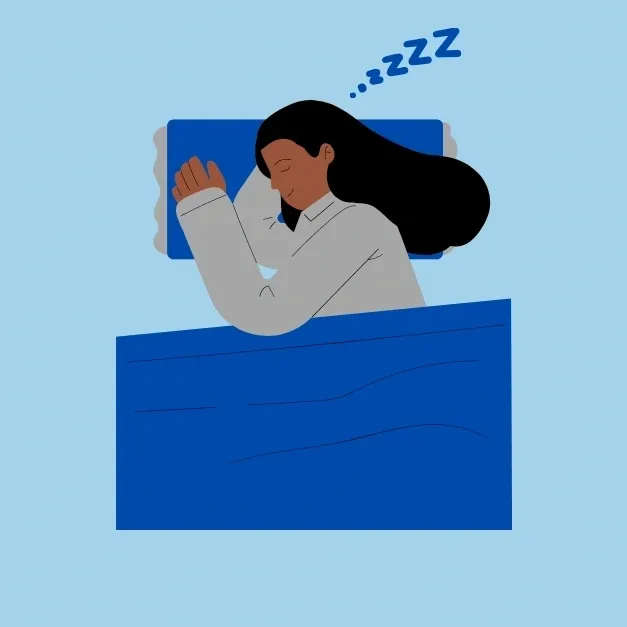
Psychology and Counselling – you might have used the words interchangeably before. They’re usually used to describe going to see someone to talk about mental health problems. And technically you would have been right, but these words actually describe two separate professions. Both Psychologists and Counsellors are health professionals who use talk-based therapy to address mental health (and related) issues/concerns. Both Psychologists and Counsellors have tertiary qualifications in various fields of study, and work with clients from across the lifespan. And both Psychologists and Counsellors are trained in active listening skills and evidence-based therapeutic approaches.
They do share many similarities, but there are also some key differences between them. We thought it would be helpful to look more closely into each discipline – to help you understand which would be best for you and your individual concerns (should you ever need to go and see someone for your own mental health). Let’s take a closer look.
Psychology
In Australia, Psychology is a regulated profession – in other words if you want to call yourself a Psychologist you must be registered with AHPRA (the regulation agency for health practitioners). This would take you at least 6 years of study (plus supervised practice) to achieve, and you would then need to apply to register with both the Psychology Board of Australia and AHPRA. Psychologists typically work with clients who have been diagnosed with a mental health disorder, or who are suffering from more severe or complex concerns. In this way, they focus their therapeutic approach on the specific symptoms/presentation and subsequent treatment of disorders. They are considered experts in human behaviour, and also have research skills which allows them to work in a variety of settings including private practice, workplaces, hospitals, community services and more.
Another major difference between Psychology and Counselling lies in the Medicare system – that is, Psychologists can access rebates for their clients while Counsellors cannot. When you go to see a Psychologist you would need to pay for the session and then receive a partial refund (rebate) from Medicare (unless that particular Psychologist is able to bulk-bill you for their services) to subsidise some of the cost. On a mental health care plan (written by your GP) you can access 20 subsidised sessions with a Psychologist between January and December of a given year – if you wanted more sessions after that, you would have to pay their full fee (without a rebate).
Counselling
In comparison, Counselling is a self-regulated profession – technically anybody could call themselves a Counsellor (although I doubt you’d go to see them for support with your mental health). Professional Counsellors study for anywhere between 2-6 (or more) years and also complete a number of hours of supervised practice. They are then able to register themselves with a professional body such as the Australian Counselling Association or PACFA, which requires them to keep up to date with regular training and supervision. Counsellors typically focus on increasing self-awareness/understanding, and resolving concerns through specialised interpersonal skills, coping strategies and developing new perspectives.
Counsellors take a much more undirected approach to therapy which emphasises an individuals long-term journey with their mental health issues – typically this involves a lot of collaboration between the individual and Counsellor to improve overall health and wellbeing. Often this means a Counsellor will be less-directive with their clients and meet them at their level – meaning you decide what you want to focus on during your sessions. Counselling can range from short to longer-term in duration – it’s really up to you how long (or short-term) you see your Counsellor for. This may also be affected by the cost of sessions – Counsellors cannot access a Medicare rebate so the cost of the session must be paid entirely by you (but usually this isn’t much more than what you’d pay to see a Psychologist after you receive a rebate anyway.)
Now you might be wondering, how do I know whether to see a Psychologist or Counsellor? The really cool thing about these two professions is that they often work together to assist clients with their mental health and personal concerns – so a lot of issues will cross over between the two disciplines. It is best to do some research before you decide either way, and consider what is most important to you in a professional therapeutic relationship. However, here are some common reasons you might seek out either a Psychologist or a Counsellor:
Psychologist
– Alcohol/substance dependency or addiction
– Mood disorders (Depression, Dysthymia and Bipolar Disorder)
– Obsessive-Compulsive Disorder
– Grief/loss
– Complex Post-Traumatic Stress Disorder
– Personality Disorders
Counsellor
– Life transitions
– General worry/anxiety
– Relationship difficulties
– Stress management
– Post-traumatic stress
– Self-esteem issues
And just to be clear.. neither Psychologists or Counsellors can prescribe medication for mental health concerns – for that you would need a referral (from your GP) to see a Psychiatrist. We’ve also put together a little video that explains the above similarities and differences – we hope it might be a helpful resource to share with the community!








